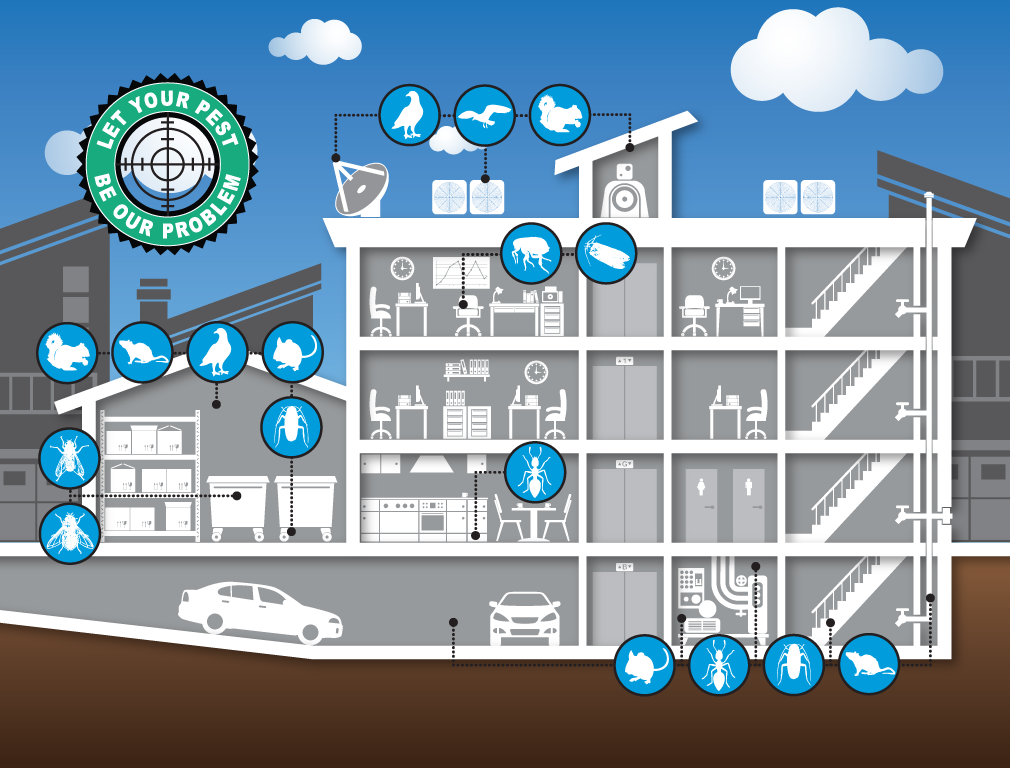Getting Expertise On Just How Rats Behave Is Necessary For Effectively Managing Pest Problems. Specialists Supply Valuable Insights On This Issue
Getting Expertise On Just How Rats Behave Is Necessary For Effectively Managing Pest Problems. Specialists Supply Valuable Insights On This Issue
Blog Article
Web Content Author-Craig Stentoft
Imagine having the ability to prepare for the relocations of your challengers in a video game of chess, constantly remaining one step ahead.
In the world of parasite control, comprehending rodent behavior is like having that critical benefit. By acquiring specialist understandings into the nesting behaviors, feeding patterns, and communication and social habits of rats, you can successfully combat these pesky animals.
Yet exactly how specifically do rodents act, and why is it vital to know? In this discussion, we will certainly untangle the mysteries of rodent behavior, giving you with valuable knowledge that will assist you remain ahead in the battle against bugs.
Are you prepared to uncover the tricks of these cunning animals?
Nesting Habits
To understand rodent actions and efficiently control pests, it is very important to gain insight right into their nesting practices.
Rats, such as computer mice and rats, have an all-natural instinct to find shelter and develop nests where they really feel secure and protected. These nests act as their homes, breeding grounds, and storage locations for food. Understanding their nesting practices can assist you determine potential areas of problem and execute targeted control measures.
Rats typically like nesting in dark, secluded rooms, such as attics, cellars, crawl spaces, and wall spaces. They make use of products like shredded paper, fabric, insulation, and also chewed-up electrical cords to construct their nests.
Feeding Patterns
Rodents display unique feeding patterns that play a vital duty in their habits and can notify efficient pest control strategies. Understanding these patterns is important for implementing successful pest control actions.
pest control services cost are opportunistic feeders, meaning they'll eat whatever food is conveniently offered. They like high-calorie foods such as grains, nuts, and seeds. This is why proper storage space of food and waste management are important in protecting against rodent invasions.
Furthermore, rats are nocturnal, which means they're most active throughout the night when they search for food. By recognizing their feeding patterns, you can strategically position catches and lures to optimize their effectiveness.
Keeping food resources inaccessible and maintaining a tidy setting can help deter rodents and lessen the risk of infestation.
Interaction and Social Actions
Understanding how rats connect and interact socially is critical for reliable insect control techniques. Rats, like computer mice and rats, have complex communication systems that they make use of to convey details to every various other and collaborate their activities. Right here are 3 key facets of rodent interaction and social habits:
1. Articulations: Rodents create a vast array of singing noises, consisting of squeaks, tweets, and babbling, to interact with each other. These vocalizations can share different messages, such as danger cautions or mating calls.
2. termites with wings : Rats use scent glands to leave chemical signals on things and in their environment. aphid control as territorial limits and interact information about reproductive standing, dominance, and social affiliation.
3. Social hierarchy: Rodents have an ordered social structure, with dominant people having accessibility to resources and chosen nesting websites. Recognizing this power structure is essential for targeting insect control efforts and recognizing key people for elimination.
Final thought
So, there you have it - a brief glance right into the remarkable world of rodent habits. By recognizing their nesting behaviors, feeding patterns, and communication, we can much better take on the problem of parasite control.
Did you understand that a women mouse can produce approximately 10 trashes per year, with each litter including around 5-6 dogs? https://www.qualityassurancemag.com/news/tips-for-prevention-of-light-invading-insects/ of punctual and reliable parasite administration to prevent rodent populaces from spiraling uncontrollable.
